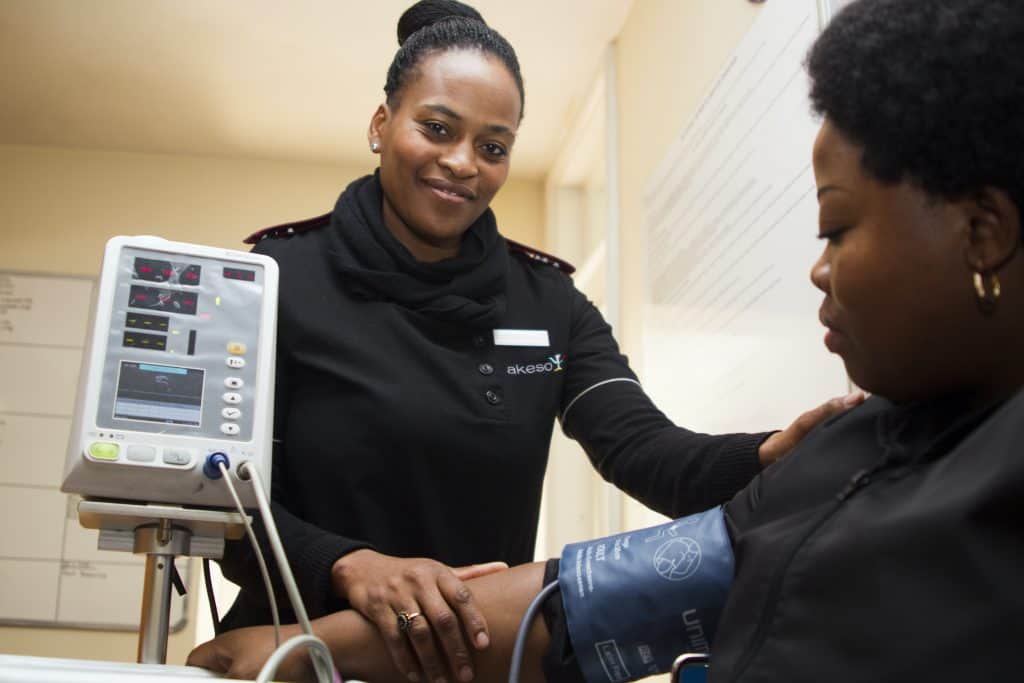A panic attack can be very distressing if it is your first one. Not only can the actual experience during the attack be frightening, but you may also develop a fear of future episodes. Also known as anticipatory anxiety, fear of future attacks can cause continuous fear and tension, making it difficult to relax. If left untreated, it can lead to phobic avoidance. Where you avoid places, situations, gatherings, and events where emergency help is not available.
You may avoid many activities you enjoy or have no trouble with. If this condition is not treated, it may lead to agoraphobia. Agoraphobia can impact your work, school, and social life and may cause you to avoid leaving your home altogether. To prevent this, consider the following advice:
What You Should Do If You Have a Panic Attack
Seek a proper medical diagnosis from your doctor to rule out any underlying physiological or psychological conditions. Symptoms attributed to panic attacks, such as racing heart, chest pain, heavy breathing, profuse sweating, and agitation, are also common to other conditions. If you are experiencing symptoms, it is important to share this information with your doctor, including when and how severe they are. Your doctor will also ask about your medical history and may order tests (e.g., urine test, blood test, drug screens, etc.) to help make a diagnosis.

It is advisable to consult with an appropriately trained therapist to deal with such psychological conditions. No, you are not crazy. The reason why you might see a therapist is to process your emotions and prevent future attacks. Do not delay in seeking help. A panic attack can pave the way for more severe conditions if left untreated. Your therapist may employ cognitive-behavioral and exposure therapy to help you process your thoughts.
Try to identify any patterns that may be associated with your panic attacks. This could include specific activities, thoughts, times of day, or people you are with when the attacks occur. This information can help prevent future attacks.
There are many relaxation techniques you can practice at home or while out that can help reduce the symptoms of anxiety attacks and strengthen your body’s relaxation response. Music, meditation, yoga, and breathing techniques are all effective ways to achieve this.
Do not add to your fear. Recognizing and accepting the fear of an anxiety attack can help you work through it effectively. Allowing the fear to take control will only worsen the negative impact.
To maintain a healthy lifestyle, make sure to get regular exercise, eat a balanced diet, and get enough sleep. Eating a balanced diet helps to ensure a steady supply of nutrients and maintain a healthy balance. Studies have shown that as little as 30 minutes of physical activity 3 to 5 times a week can help reduce stress and prevent future attacks.
One of the best ways to prevent future panic attacks is to remove unnecessary stress from your life. Stress is a close trigger for panic attacks, so avoiding anything that causes you stress can help reduce the chance of having another attack. This may include people, situations, and things that are sources of stress for you. Identifying and removing these stressors from your life can be an essential step in managing panic attacks.
Panic attacks can be debilitating and frightening experiences. However, by educating yourself about the condition, you can be better prepared to manage any panic attacks. There are many resources where you can learn more about panic attacks. Reading books, health magazines, and internet articles about panic attacks will equip you with the correct information to combat any adverse effects. If you experience regular panic attacks, it is also important to speak to a healthcare professional so that they can assist you in managing the condition.

Now you know all about what you should do if you have a panic attack. If you experience a panic attack, there are a few things you can do to help ease the symptoms. First, focus on your breath and take slow, deep breaths. This will help to slow your heart rate and calm your body. Closing your eyes and imagining yourself in a peaceful place is also helpful. Try to stay in the present moment and focus on the fact that the attack will eventually pass. You can slowly move around and resume your normal activities if your symptoms improve. If your symptoms do not improve or if they start to get worse, it is important to seek medical help.
